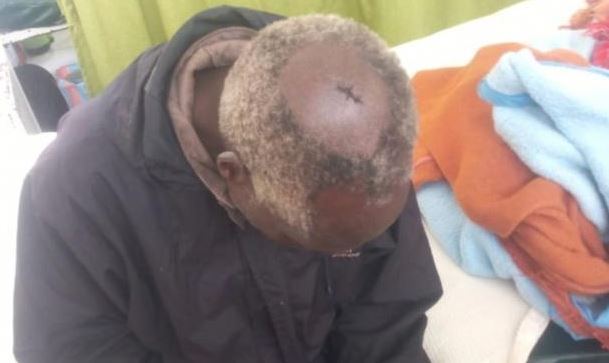×
The Standard e-Paper
Smart Minds Choose Us

Over half a century ago, tsetse fly and mosquito infestation forced families to migrate from their ancestral land in Kerio Valley, Elgeyo Marakwet County.
They left huge tracts of land for livestock grazing and built kraals where herdsmen would spend the night.